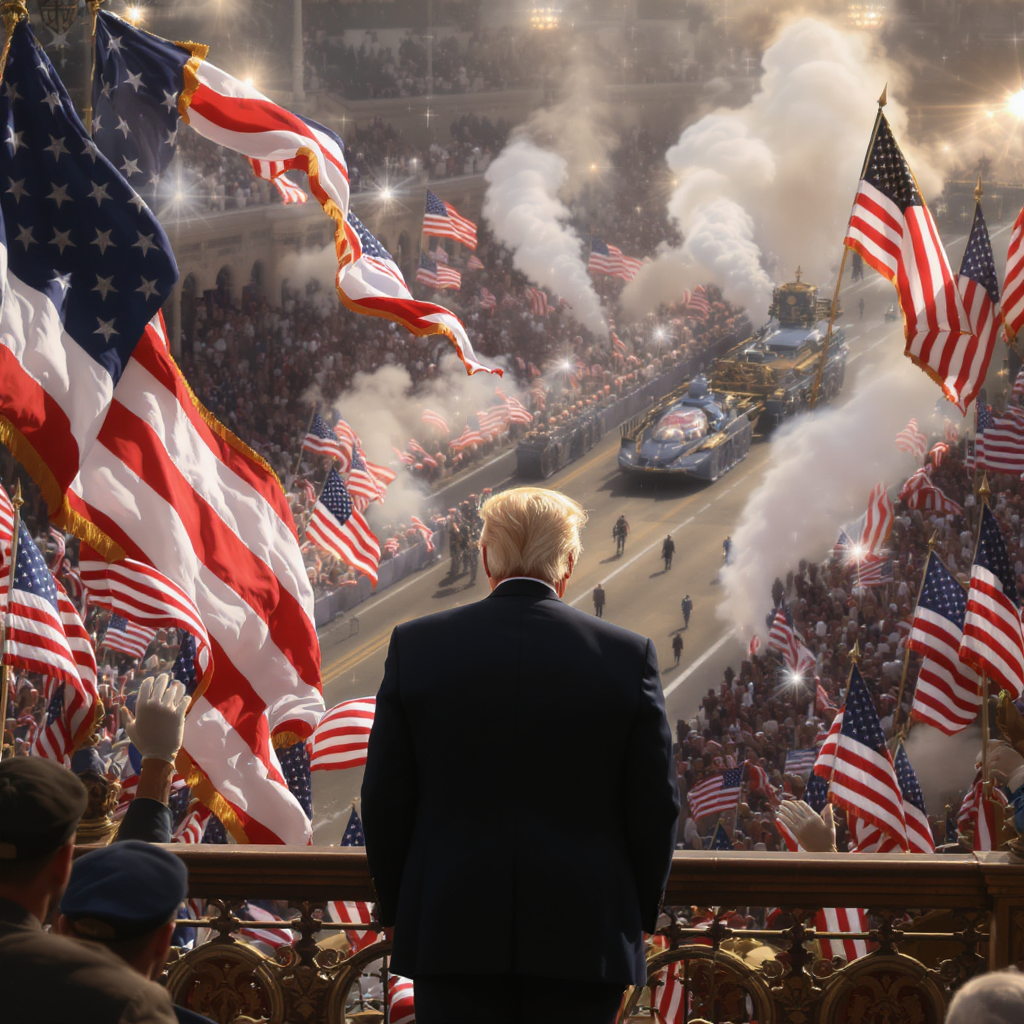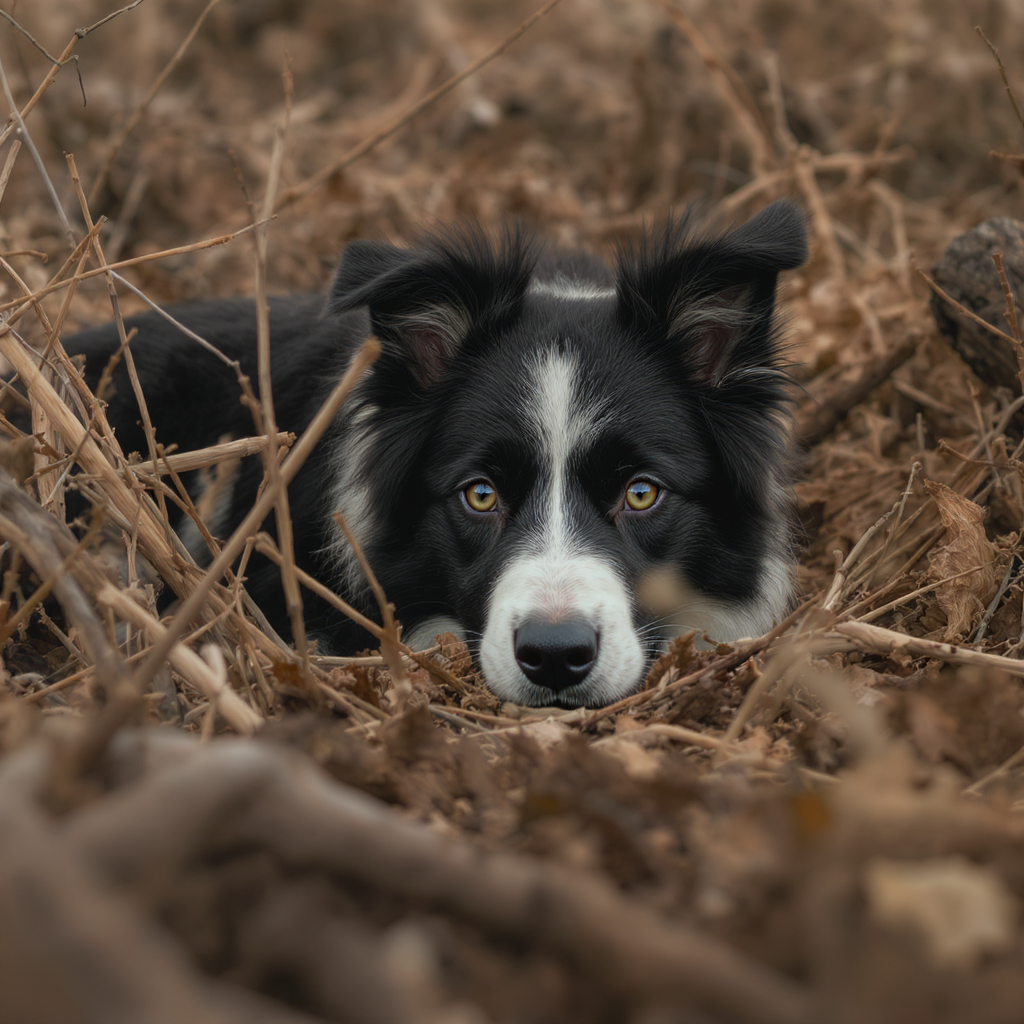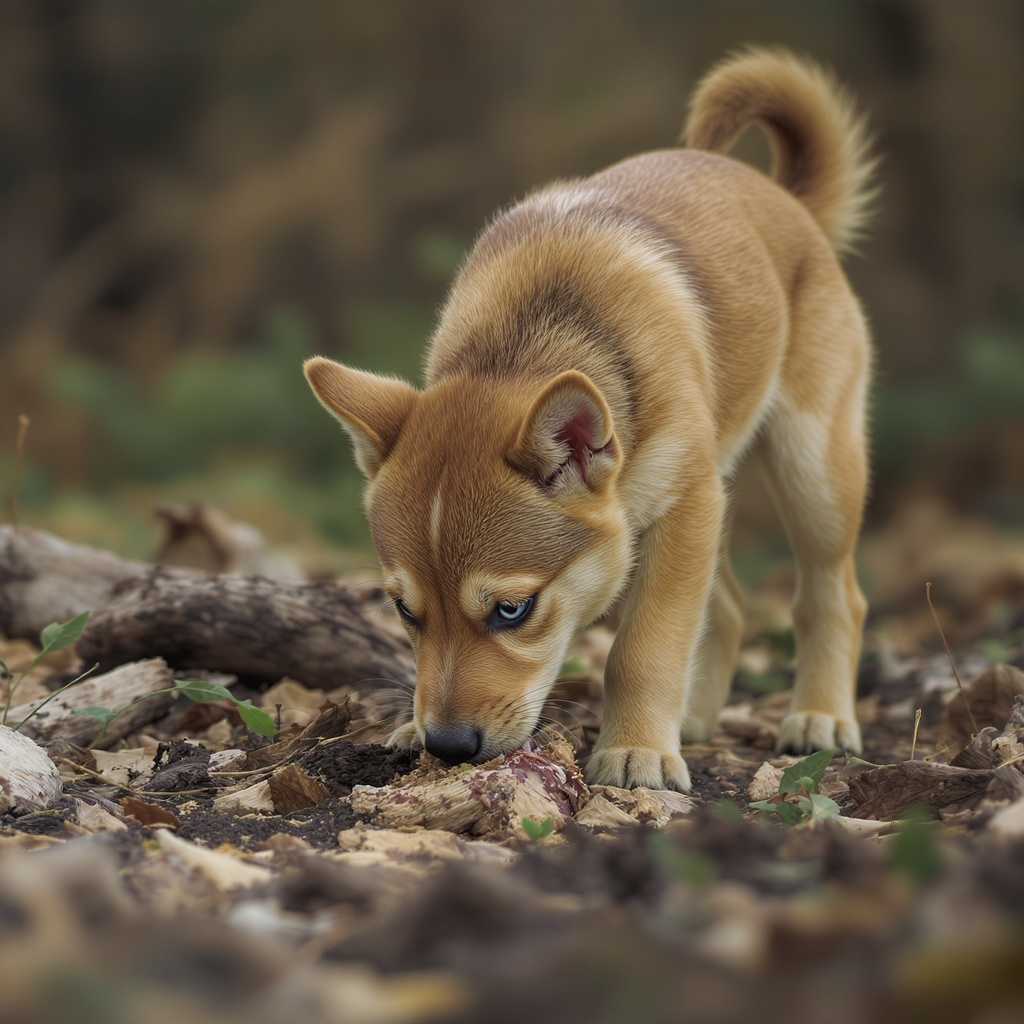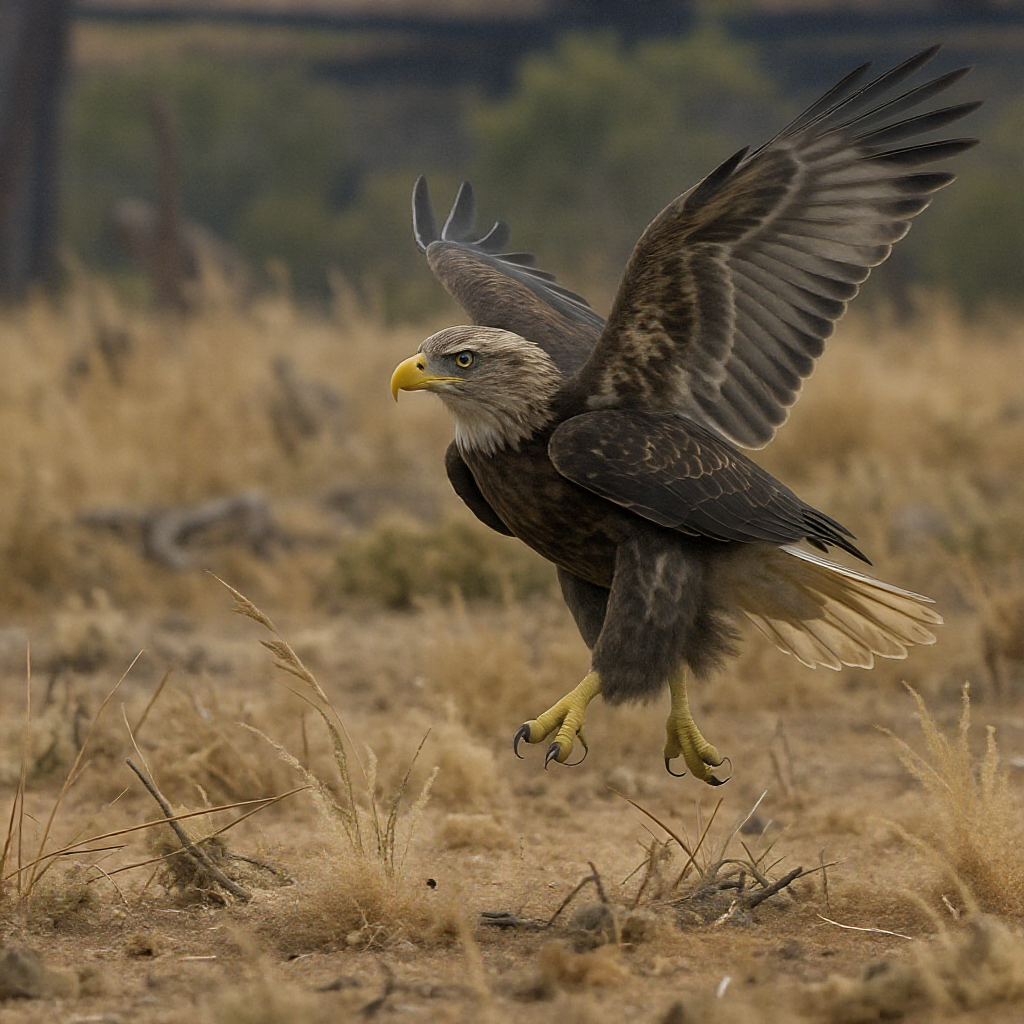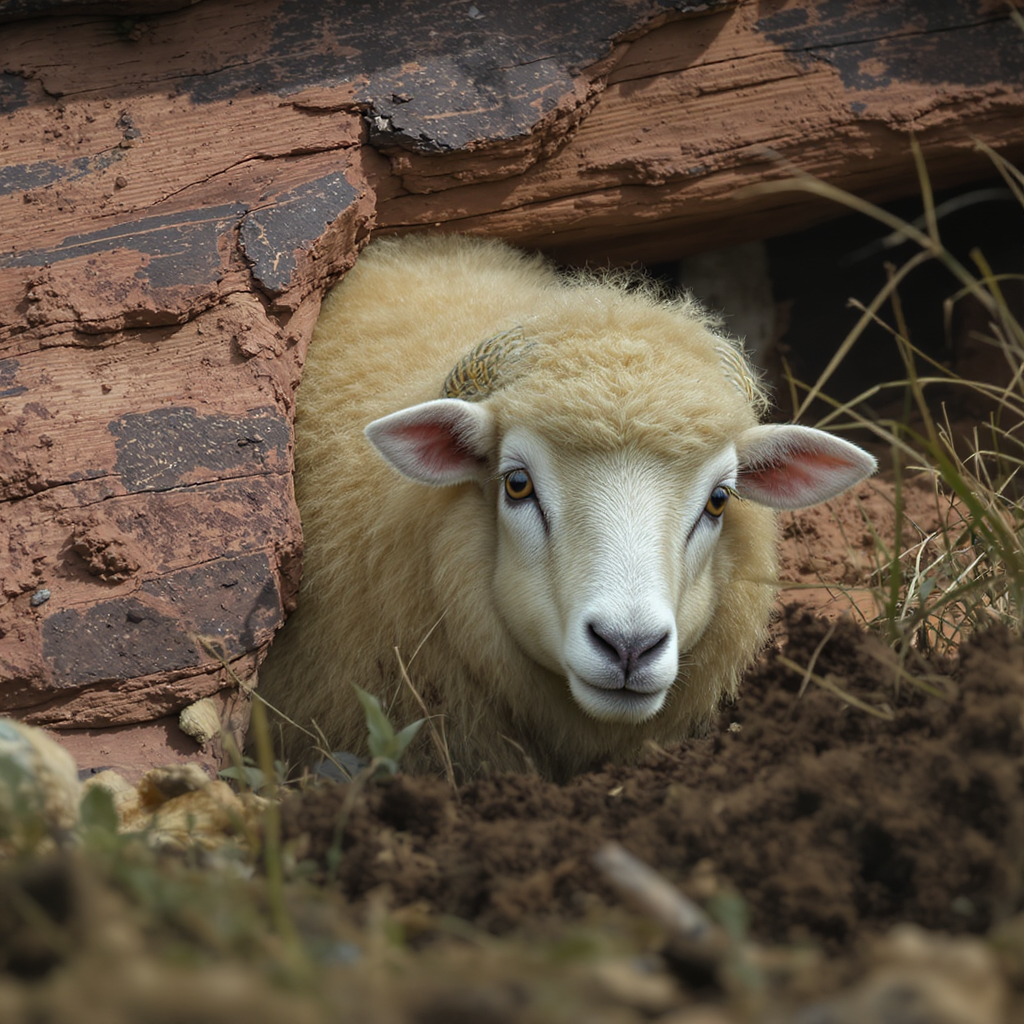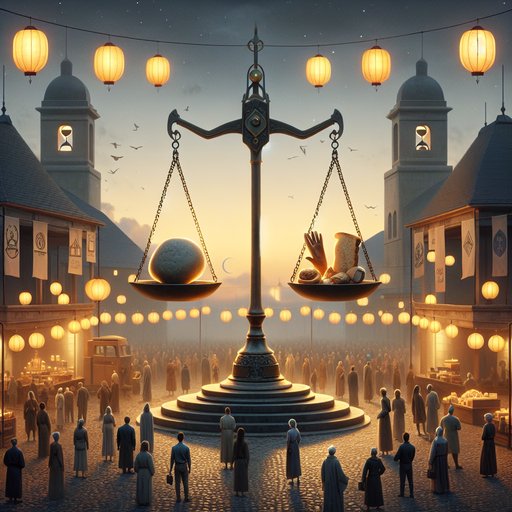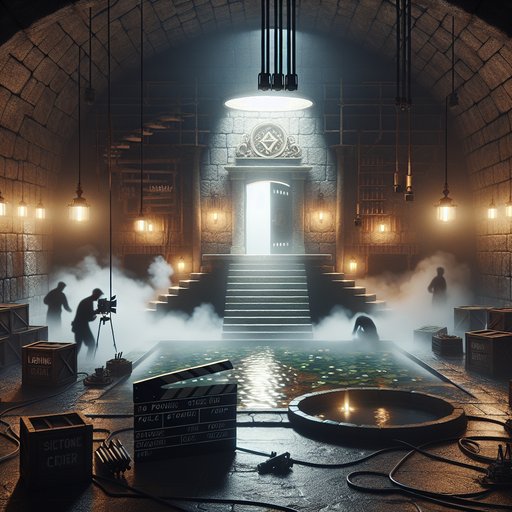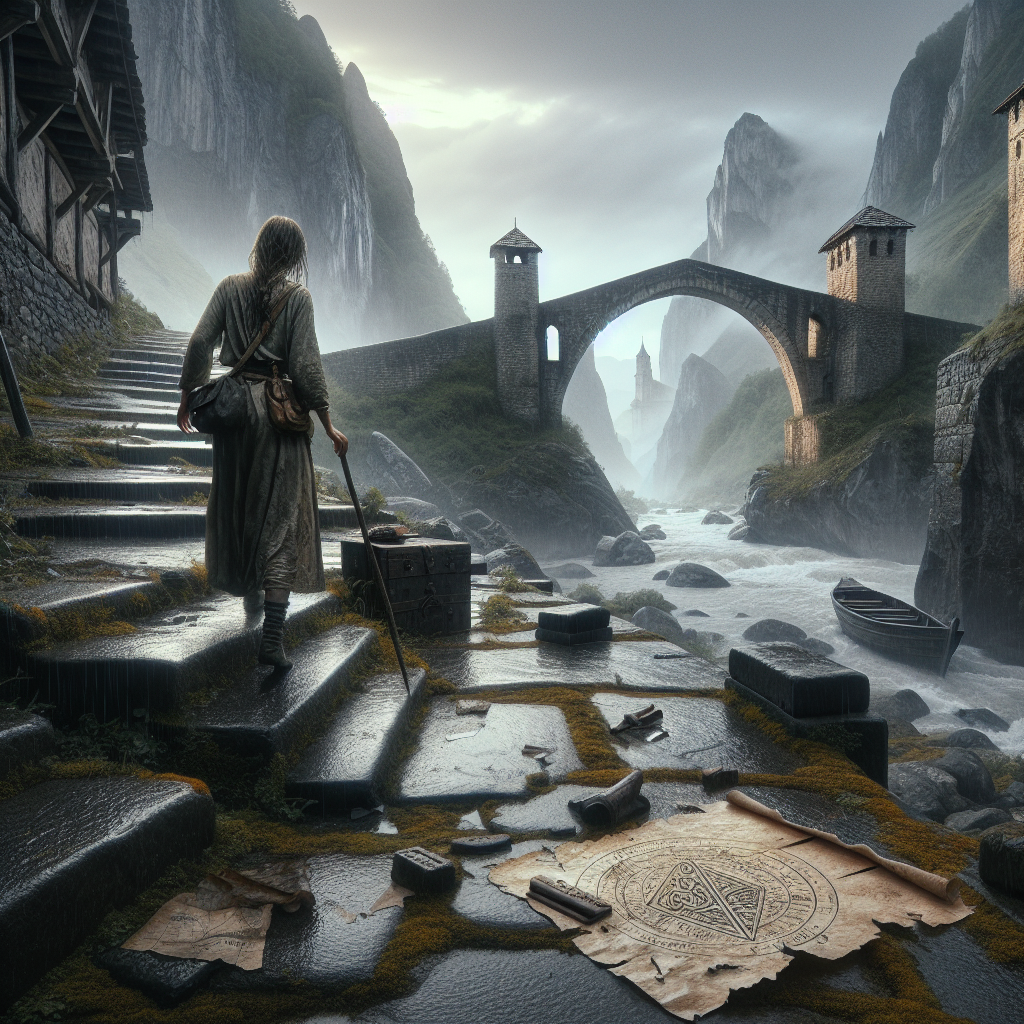
Barbra descends the newly revealed stair beneath an old Ushguli bridge, following the towers’ humming into a damp chamber. There she finds a sash fragment marked with the same sigil and a brittle message that mentions a “needle’s eye by the split mouth,” which she interprets as a stone arch near the Enguri’s confluence. Narrowly escaping when the stone slab above grinds shut, she returns soaked to the guesthouse, where Levan warns her a stranger in gray wool has been asking after her. At dawn she hunts the supposed Needle’s Eye and discovers an old hydro conduit and stonemason marks—her thrilling insight was a decoy. Regrouping, she analyzes recordings of the towers’ song and rotates the map, briefly thinking she’s decoded a pattern, only to realize the melody changes with the wind and her deduction is unreliable. A visit to Father Giorgi and a clouded sky derail her plan to watch for Queen Tamar’s “short shadow,” forcing her to admit she must start over. Back in her room, signs of intrusion and an anonymous warning shoved under the door suggest someone is steering her away from the false path. She resolves to reset her search at first light, just as the gray-wool figure appears outside, blurring the line between adversary and ally.
The slab under the bridge had shifted like a breath, damp air wheezing up between moss and stone, and Barbra stood on the lip of the new opening with her blue-and-white Asics angled toward the dark. Her leather jacket creaked as she knelt to aim her phone’s light down a narrow stair, the beam strafing slick steps veined with glimmering mica. She checked the time, thought of her grandparents’ steady hands over hot tea, and slid one leg down, then the other. Her tight jeans snagged on a protruding corner, and she twisted free, freckles prickling in the chill like they always did when she ignored fear and moved forward anyway.
Above, the Enguri rumbled, a throat over stone; below, the towers’ faint hum bled into the earth like a swallowed song. The stairs turned hard to the left after twenty steps, then again, a corkscrew laid in rock, each tread worn to the softness of bone. Water beaded on the walls, and her light caught scratched lines she could not decode, whorls of tools or perhaps old prayers. She recorded a voice memo—humid, metallic air, oscillating tone at approximately G—and felt a private satisfaction at the calm in her own voice.
It had always been that way since she was four and learned to do everything for herself: panic came later, never now. She counted her breath and the steps together, thirty-seven, thirty-eight, forty-two, until the ceiling lifted and the world opened to a low chamber walled with fitted slate. It was smaller than she expected, but purposeful, with a runnel cut for water and a slit high on the wall that drank the wind in regular sips. Brass stayed corroded green on a pulley, and a ring set into the floor matched the one on the bridge, as if both belonged to a single mechanism tuned to weather and time.
In the corner, tucked into shadow, lay a coil of woven sash, its ends frayed, the same sigil inked there in brown: the circle strung with a cross-stitch of tiny triangles. A clay jar stood beside it, its wax sealed with a thumbprint so old it was more idea than ridge. Barbra worked the wax, whispered a promise to be careful, and slid out a rolled slip of bark that crackled under the warmth of her skin, revealing words in Svan script and a sketched eye within a needle shape, bracketed by two branching lines like a river’s split mouth. “Needle’s eye by the split mouth,” she read aloud, the syllables a careful echo, and excitement jumped through her like a spark.
The confluence below the bridge—the Enguri and its smaller feeder—she could picture the rock that arched there like a bent knuckle when the water ran low. She pocketed the sash fragment and the brittle bark, then swept her light around for more, but the chamber had offered what it would. A stone above rumbled; dust fell in a sleepy shrug; the slit of wind inhaled deeply and seemed to hold it. The slab overhead slid, grinding closed, and she lashed out instinctively, fingers finding the floor ring, legs braced, and for an instant she was caught between old design and new panic, until the pressure eased and something popped in the wall by her knee like a doorstop releasing.
Water surged into the runnel and tugged at her ankles, then her calves, cold fingers reminding her that good guesses are not always good luck. She leaned into the new slot, a lower culvert with slick stones and a smell like iron filings, and wriggled, the leather jacket scraping until she peeled it half off. The channel spat her a short distance downstream into a black pocket between boulders, and she came up with a splutter, hair plastered, heart punching a wet tempo under her ribs. On the bank, a shred of gray wool clung to dwarf willow and trembled in the breeze, a twin to the snag she’d found between the towers.
When the slab above came to rest with a final sigh, the valley fell quiet except for the river’s relentless breathing and a fade of the towers’ hum like a lullaby at the edge of sleep. She walked back to the guesthouse shivering, sneakers squelching, the leather jacket slung over one shoulder like a molted skin. Mzia’s window glowed warm, and when Barbra slipped inside, the stove’s residual heat welcomed her more honestly than the words anyone had offered in days. She laid the sash fragment flat on her bed, its sigil swimming up like a fish when the cloth dried, and eased the bark between the pages of her notebook to keep it from breaking.
A knock startled her; Levan stood in the hall, hair mussed, eyes wide, and told her a man in a gray wool coat had visited the bakery asking after the foreign woman with the red hair. The towers began their nocturne again on a rising wind as she thanked him and closed the door, promising herself she’d be at the Needle’s Eye at first light. Dawn made the valley metallic, every ridge and field edged with cold shine, and she cut crosswise below the old bridge toward the confluence. There, half-hidden by grass, was the stone arch she remembered—the needle’s eye gnawed by spring floods, a perfect circle only from one angle.
Barbra crouched to peer through, breath making fog rings in the chill, and found a ladder fixed to the rock on the far side, iron perforated with rust like lace. She climbed; the hole swallowed her; and within, the corridor opened to a space of riveted plates and echoing drips. It wasn’t ancient; it was nineteenth or twentieth century, an old hydro conduit or floodgate vault, and the marks on the walls were stonemasons’ signatures, triangles stitched in circles, practical, repeated, unsecret. She stood, hollowed by the realization, and let the disappointment move through her like a weather front.
The bark’s eye and the cryptic words had felt like a hand on her back, firm and encouraging, and now the hand had turned out to be a glove stuffed with straw. She thought of the way she could admire her glass cabinet for hours, each artifact a thread of story, and how she’d wanted the sash and the bark to glow like the others; instead they sat in her bag like lessons written in the wrong ink. Maybe families had seeded this decoy to turn away seekers, or maybe she had simply seen what she wanted to see, the way she refused to see her freckles as anything but something to dislike. She stepped back into daylight and heard a distant dog bark, a reminder that the valley was real and busy and indifferent, and told herself what she always did when an answer crumbled: start over.
Back in her room, she spread the map, the bark slip, the sash, the wooden token from the glacier fissure, and opened the voice memo of the towers’ chorus. The waves on the screen rose and fell in layered braids, and she used a pencil to plot peaks against the simplified ground plan she’d sketched of the valley’s towers, north here, east there. When she rotated the page, a pattern emerged, short-long-long-short, mapping onto the windows of the Lamaria church tower, and for a second her scalp prickled with the thrill of it. Lamaria kneels, she thought, the goddess made saint, the church older than the story, Queen Tamar’s short shadow only true when the wind was right.
Then she scrubbed the idea, remembering the shepherd’s offhand warning about the sisters of stone and how the humming changed with weather—the song was not fixed; her pattern was a ghost in waves. She took her notebook up to the church anyway, boots whispering on frost, and found Father Giorgi sweeping the stone steps with a bundle of birch twigs. His eyes softened when he saw her, but the set of his mouth was the same defense as ever, and he spoke of wind roses and seasons as if those were the only maps worth trusting here. Above them, a tin icon of Queen Tamar caught a shy sunbeam and threw a sliver of brightness onto the flagstones—a short shadow, then gone as clouds muscled in from the glacier.
Barbra angled her watch, gauged the sun’s reluctance, and felt frustration pool at the base of her throat, heavy as river stones. It wasn’t the time; not yet, not like this; the puzzle had rules she hadn’t learned. She returned to the guesthouse with a grocery bag of apples to make her visit look ordinary and settled at the small table under the window. The map looked different when she turned it ninety degrees, the drawn river reversing like a mirrored breath, and the towers’ marks lining up with the fitful path of light she’d watched at Lamaria.
Maybe Queen Tamar’s short shadow wasn’t noon but dawn, not the queen herself but the small plaque beside the tower that only kissed the right stone for a heartbeat on clear mornings. She set the sash, the token, the bark in a row as if arranging them in her glass cabinet at home, imagined their future glint under her living room lights, and then chastised herself for counting a mystery solved before she’d even cracked its seal. A floorboard gave a soft complaint, and when she looked at the door she saw a single pale hair of gray wool looped around the latch like a fisherman’s line. Her bag was where she’d left it but the pocket with the bark and sash felt...
touched, and inside someone had added a smooth river stone engraved with the sigil in careful lines. A paper lay half-shoved under the door, the Svan letters hurried and angular: do not follow the needle’s eye, and a diagram that echoed her rotated map but marked a different starting point—Lamaria’s yard, the third paving stone from the icon’s base. The towers began to hum again, wind rising out in the valley, but the pitch seemed sharper, as if someone somewhere had tightened a string. Barbra’s skin prickled, a familiar blend of caution and appetite, the same stubborn curiosity that had carried her across so many borders with only a backpack, a tank top, and a conviction that the unusual would always show her a path.
She slid the bolt, opened the door, and found the gray-wool figure waiting in the mist, not threatening so much as braced, his hand lifted in a gesture she couldn’t yet read; was he an enemy, or the only person who wanted her to find the right shadow?
